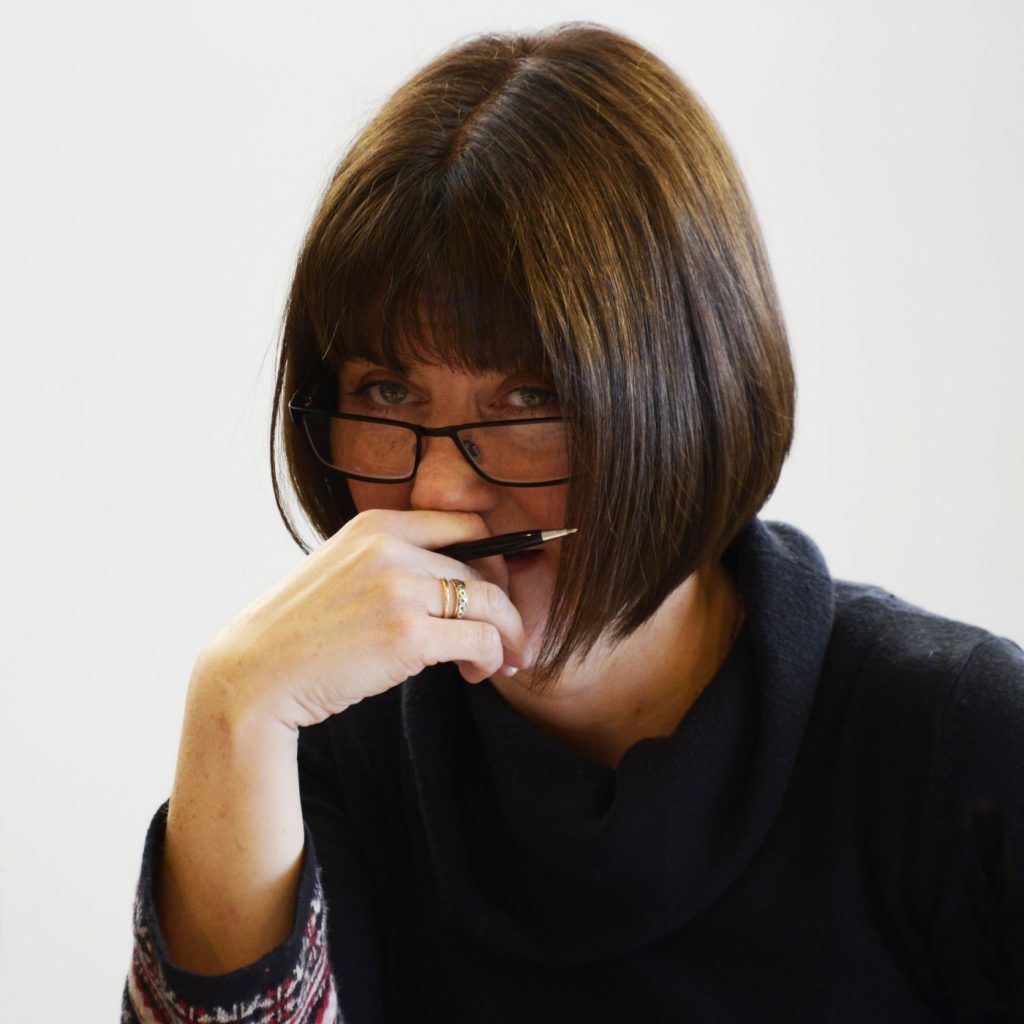
Photograph credited to Nobby Clark
Cyrano, a new adaptation of Edmond Rostand’s classic Cyrano de Bergerac, is coming to the West Yorkshire Playhouse at the end of February. Prior to taking her latest show on tour, I got a chance to sit down with playwright Deborah McAndrew for a chat about adapting this famous work, working alongside her husband and reimagining the “bloke with a big nose”!
So let’s begin at the beginning. McAndrew was first introduced to the original Cyrano de Bergerac by the Morecombe and Wise Christmas Show of 1977. Their pastiche of the famous play ignited for McAndrew a long-term relationship with the character and the story. It’s the 1990 French film, with Gérard Depardieu, which really caught the playwright’s attention: “It was absolutely lovely […] and it’s beautiful.” Beyond that, as a self-confessed “eighties girl”, McAndrew saw Steve Martin’s updated version, Roxanne, as “a film of [her] youth”. Compounding knowledge of stage and film versions, McAndrew confesses “the bloke with a big nose has been around in my life for quite a long time”. Thus, being commissioned to work on this recent adaptation was perhaps the next logical step in this lifelong relationship with the text.
McAndrew explained how the process of adaptation evolves for her: “Once I’ve been commissioned to work on [a text], I think about it in a different way. I’m much more rigorous in my interrogations […] I’m suddenly looking at it like a surgeon, not like a punter”. Here, I identified hugely with playwright’s “working head” as she explained that “it’s always a bit of a busman’s holiday when [she] goes to the theatre”; yet post-commissioning, the “gear change” is even more dramatic, as she tries to analyse the plot and characterisations.
Thankfully for those of us who aren’t quite so familiar with the classic 1897 play, McAndrew is acutely aware of the dangers of “taking anything for granted” when dealing with a “well-worn path and well-known stories”. Thus, she hopes to “help the audience with what [she thinks] are the more challenging aspects of the plot” by developing a formerly insignificant character into something of a choric figure. Without spoon-feeding us, this new adaption aims to “make sure that everyone knows what’s going on!”
Having allowed herself to be “quite free with it”, it seemed to me that this reworked classic falls somewhere between an adaptation and a new conception. McAndrews says she takes “great pleasure in working on [her] own stuff from scratch”, but also feels “privilege[d] to work with these wonderful characters”. She claims that “every great writer that you sit in the room with, like Dickens or Anne Brontë” offers something for her, as a playwright, to learn from. Improving her in-depth understanding of stories and characters, McAndrew claims that, through the process of adaptation, one’s “toolkit gets that little bit sharper”.
Speaking of a playwright’s “toolkit”, I asked how McAndrew dealt with writing this play in verse. Apparently this is not her first experience with the format, having adapted Leopold Lewis’ The Bells early in her writing career. But beyond that, McAndrew claims that “poets and playwrights are like kissing cousins” with their focus on rhetorical devices and rhythm. McAndrew’s work with drama and songwriting is always informed by verse and rhythm. Having written “masses of songs”, verse seemed to come relatively naturally to the playwright. However, she disagreed with using a single verse format for the entire play. Rostand’s original adopted a verse structure “that’s not friendly to drama” according to McAndrew, and “certainly not friendly to [her]”. As an audience, it seems we can expect more liberal poeticism from Cyrano.
Asking about her plans for reimagining the role of the leading lady, Roxane, McAndrew stated her focus to be on rebalancing: “Obviously it’s about Cyrano […] he’s the eponymous hero, but I do feel that, to some extent, previous versions and productions have focused on that fact, that it’s about what men want […] but in fact really it’s about what she wants”. And that’s what the three suitors are all trying to figure out.
McAndrew wanted to make her Roxane Cyrano’s intellectual equal: “There are things in the original that don’t quite make psychological sense to me for as an intelligent woman,” McAndrew says. Thus she has made Roxane “less stupid” as “it is about her as much as it is about anyone else”. Beyond that, Cyrano is “about a woman’s sexuality as well as just romance” and because “you can’t separate those things out”, McAndrew has “turned the volume up on the eroticism,” too. This is certainly a version of Cyrano for the new millennium.
Our discussion of Roxane led naturally onto casting. McAndrew is particularly uncomfortable with the habit of casting young girls alongside heroes who are “too fat and too old”. Presenting her point comedically, she said she’d “seen a lot of dodgy uncles”. But the point that McAndrew was making was serious and resonates throughout theatrical norms. “Apart from the fact that it doesn’t make narrative sense [… it’s] artistically unacceptable and, in 2017, it’s flipping politically unacceptable” to have a mature Cyrano alongside a nymph-like Roxane, or a grown-up Hamlet pursuing Ophelia who “has always just bought her first bra”. Instead, McAndrew and director (Conrad Nelson) have infused a “youthful exuberance” into the play through their casting, hoping that the audience will be more open to investing in the characters, and to enjoying the piece.
Working alongside her husband as director, McAndrew assures me that this partnership has nothing to do with Cyrano being a love story. Sharing very similar thoughts on theatre, and having “complimentary skill sets”, the pair have been known to collaborate repeatedly. McAndrews explains they are not each other’s go-to partners per se, but they do work well together and “don’t argue much, not about the work anyway!”
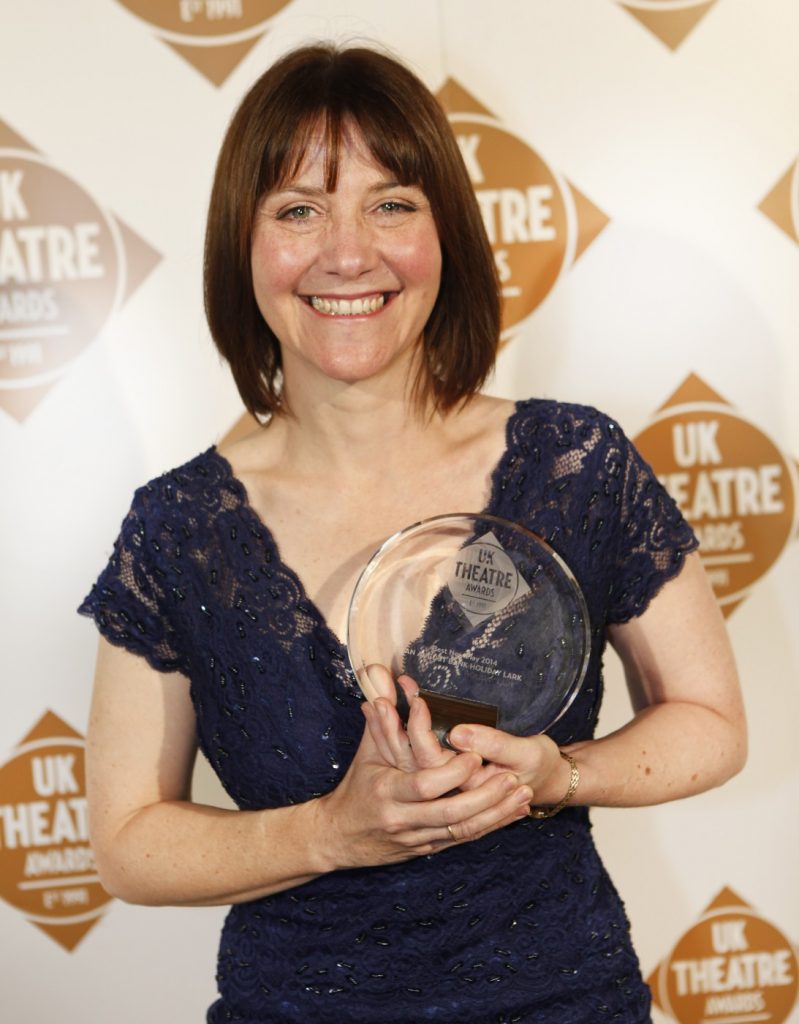
Photograph credited to Pamela Raith Photography
Beyond her marital teamwork, McAndrew exuberantly praised the all-female creative team behind Cyrano: “The creative team bring such value and such ability and we embrace that.” From the choreographer (Beverley Edmunds), through the design and lighting department (Lis Evans and Daniella Beattie), to the musical arranger (Rebekah Hughes) who apparently “does magic stuff”, Cyrano, and theatre in general, is celebrated as a collaborative form. McAndrew claims that “it starts with me but then everyone else augments that with their own specialities; and that’s the beauty of it, that’s why we like to do it. If I wanted to be a novelist and work on my own I’d go and live up a mountain and write novels. But really I love that team, it’s a delight.”
Having “thoroughly worked” the script before rehearsals, McAndrew then explains the importance of letting go. “Hold on tightly, then let go lightly”—she likens playwriting to raising a child. As an actor herself, she understands the importance of letting the actors own the piece on the tour and maintains a very healthy attitude towards her work.
To close, I asked about Deborah’s favourite part of the upcoming show. She sighed and slightly rebuffed my “impossible question!” Expectedly, she harked back to the importance of “seeing a really well-balanced Roxane and Cyrano […] because I haven’t seen one ever”. She then gifted me something of a spoiler. Let’s just say that the man in the moon sequence has been transformed: “What might have been the dullest point […] might actually be a highlight now!” Expect a heightened musical narrative piece in place of a scene that “didn’t really hold water theatrically” in the original. I personally can’t wait!
For all ticket information and other tour dates, please visit www.northern-broadsides.co.uk.
Filed under: Theatre & Dance
Tagged with: Cyrano, Cyrano de Bergerac, Deborah McAndrew, interview, theatre, West Yorkshire Playhouse
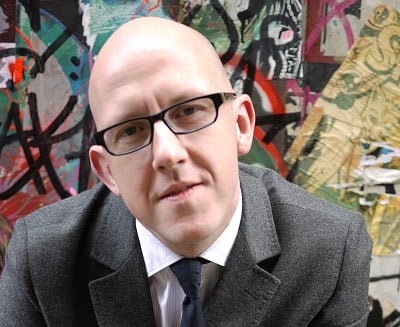
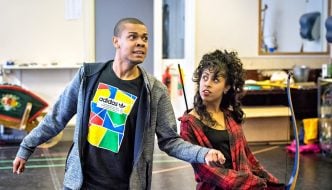
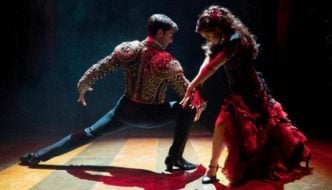
Comments